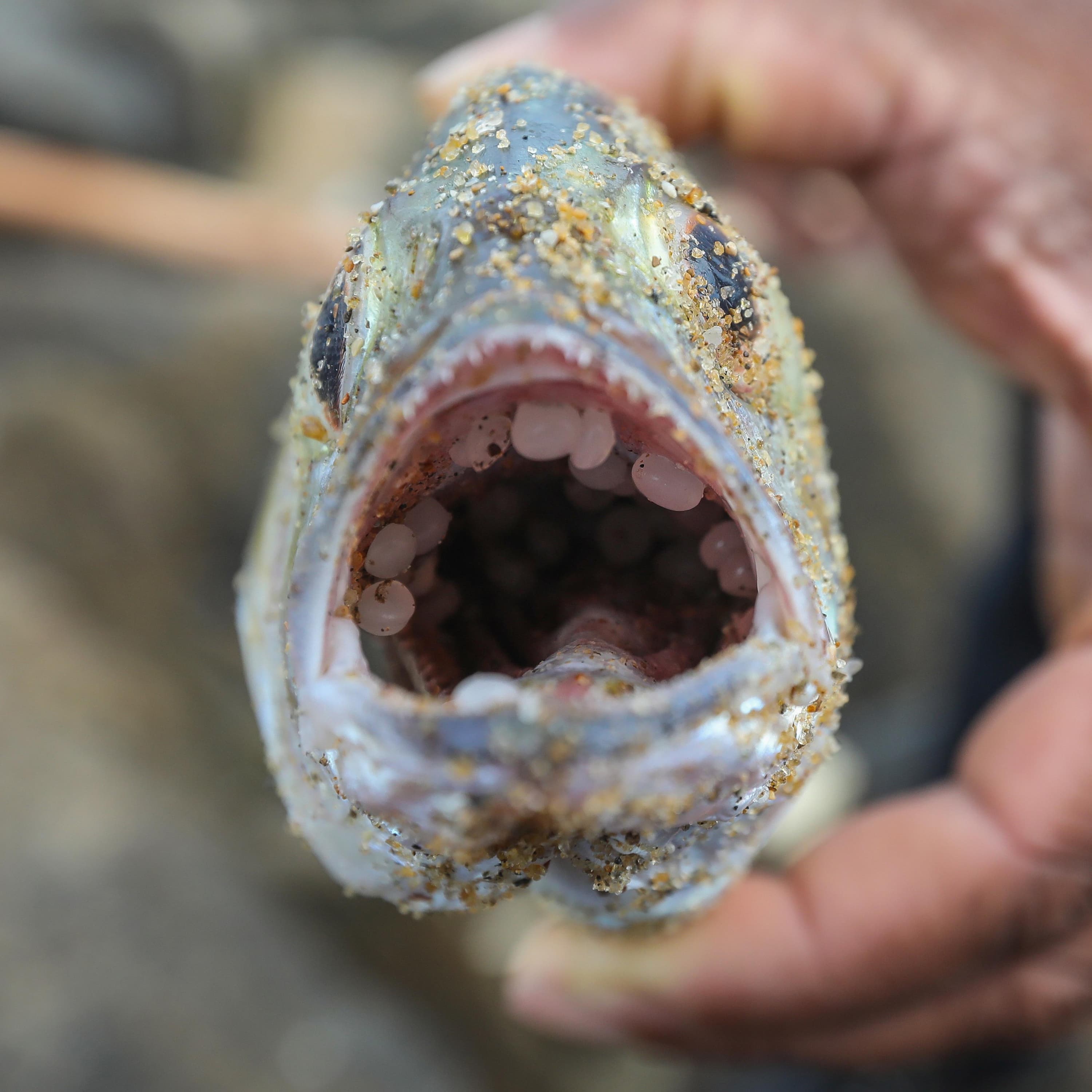
Covid-19 ethics: digital contact tracing (part 2)
Loading player...
The coronavirus pandemic has highlighted many of the economic, health, and social disparities faced by minorities and those living in more deprived areas. Although track-and-trace apps have the potential to reduce the spread of Covid-19, there remain questions about what role digital contact-tracing systems might have in reducing – or increasing – inequality, and who an app will really work for. In the second part of a conversation about the ethics of track-and-trace apps, Ian Sample discusses these issues with Carly Kind and Seeta Peña Gangadharan. Help support our independent journalism at theguardian.com/sciencepod




